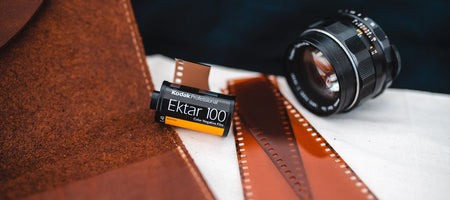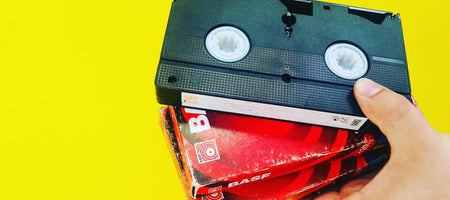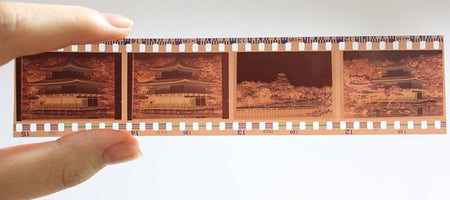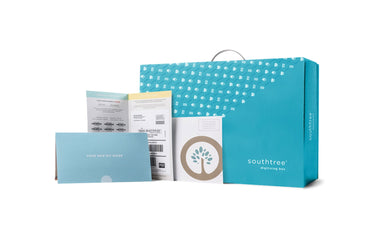Before you were Bluetooth-streaming your latest Spotify in your smart home or popping CDs in your sweet 6-disc changer, you were rocking out to cassette tapes on your boom box. Maybe strutting around town with your Walkman?
However you listened to your music back in the day, there’s no denying the era of the audio cassette tape. So let’s take a look back at how the cassette tape came, conquered, caved and spurred a comeback.
The 8-Track Takeover
Prior to the release of the first cassette players, the 8-track tape was the king of car stereos. After all, vinyl LPs were still the most popular format for at-home listening, but for portability, the 8-track was the thing. That is until 1968 when the first car cassette player was designed for automobile dashboards. And although the first cassette tape was made by Philips in 1962, it took nearly a decade for the technology to catch up and make the cassette tape the de facto, go-to music storing and listening device.
The rise of the Walkman
By the mid 70s, the 8-track tape had finally unspooled its grip on the music market thanks to the popularity of the cassette tape. And over the next decade, the cassette tape’s popularity would continue to grow making it the more convenient and portable way of listening to music. As a result, boom boxes became some of the most highly sought after Christmas gifts for kids, and Sony’s Walkman blew everyone’s mind in 1979, because for the first time people could listen to their favorite music wherever they went … or walked.
In fact, if not for the Walkman, the cassette tape may have never been as popular as it was. It was the equivalent to the portable CD player in the 90s and the MP3 player in the 2000s. It was the soundtrack to daily life in the 80s and early 90s. The popularity eventually grew so much that it helped cassette tape sales overtake vinyl LPs.
Decline of the cassette tape
Like all technology, it’s only a matter of time before something bigger and badder comes along to replace it. And that “bigger fish” came in the form of a shiny circular disc with a hole in the center – the CD. By the mid 80s, CDs had been introduced into the music industry. With better quality and convenience – hallelujah for being able to skip tracks!! – the cassette tape was on a trajectory course for obsoletion. In fact, the only reason the cassette tape continued to sell was because CDs weren’t readily available for playback in most cars until the mid 90s, despite the first car CD player being introduced by Pioneer in 1984.
Reemergence of analog
The idea that “what was once old is now new again” couldn’t be more prevalent in the music industry. Not only in genre and style, but in physical format. Like its fashion counterpart, music, particularly vinyl, has had quite a reemergence over the last decade. And more recently, the cassette tape has made a small and notable comeback. Since 2011, cassettes have more than quadrupled sales, in large part due to high-profile artist releases like Taylor Swift’s Reputation and reissues of popular past albums like Wu-Tang’s Enter the Wu-Tang (36 Chambers) at trendy retailers like Urban Outfitters. Retailers who are attempting to blend analog and digital compatibility with USB adaptability for past and present generations to indulge in. Whether it’s the hipster nostalgists or the audiophile junkies, analog is rocking a comeback and cassette tapes are helping lead the charge.
Preserving your audio cassettes
If you’ve got a box loaded with your old 80s jams, mixtapes or bootlegs (you rebel, you), not all hope is lost for your audio treasures. Send them in to Southtree and we’ll digitally preserve all the tunes of your youth in the best possible quality. So if you’ve got that live recording of Boston in the late 70s that you can’t find anywhere online, we can help you relieve the memory so that it’s just “more than a feeling.”













